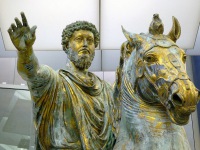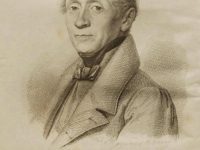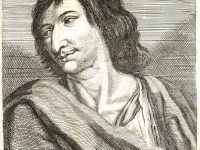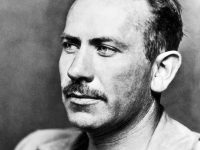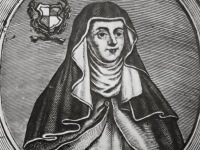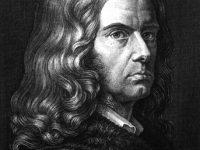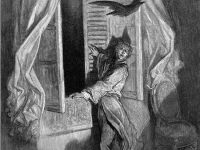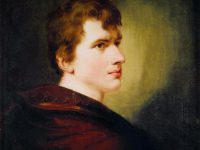Marcus Aurelius – the Philosopher on the Emperor’s Throne
On March 17, 180 AD, Roman Emperor Marcus Aurelius passed away. He is often referred to as the philosopher on the emperor‘s throne and considered on of the most important Stoic philosophers. “Constantly regard the universe as one living being, having one substance and one soul; and observe how all things have reference to one perception, the perception of this one living being.” – Marcus Aurelius, Meditationes (161-180) Taking Up the Dress…
Read more

